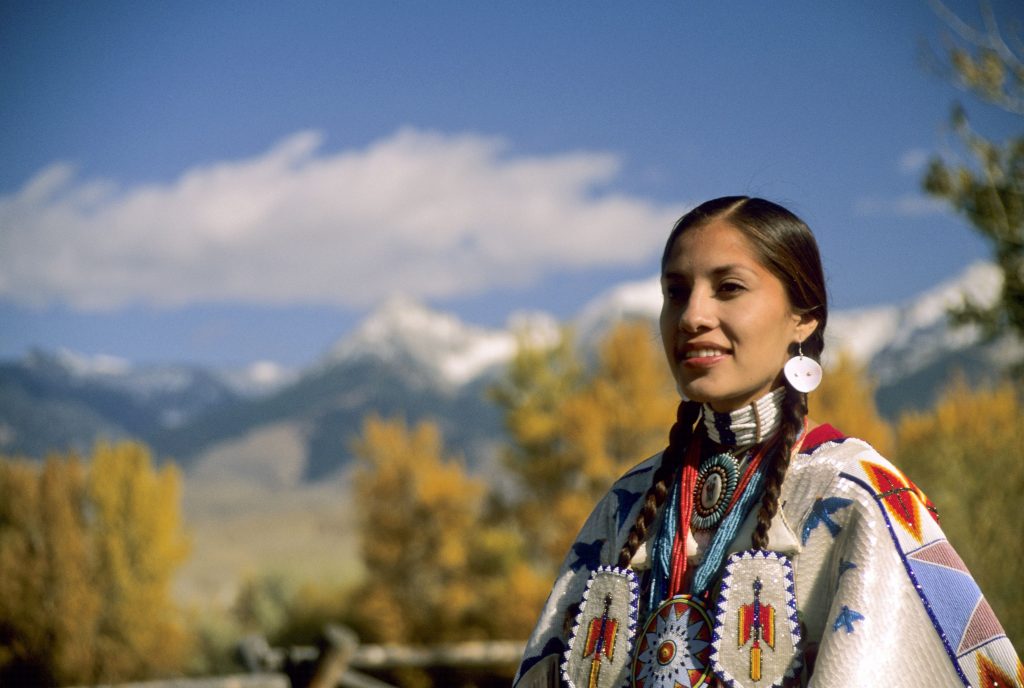October 12th is Indigenous Peoples’ Day. What once was nationally referred to as Columbus Day, this day is intended to uncover the truth behind the “discovery of America” and the “original Americans”. This article will focus on U.S. Indigenous People, though there are of course Indigenous and Native peoples and lands all over the world that deserve to be heard, acknowledged, and respected.
It is our duty to use the privileges we have been afforded to lift up Indigenous voices and communities who have so often been oppressed and suppressed by the state.
The following states have formally changed the holiday’s name from Columbus Day to Indigenous Peoples’ Day as a bare minimum step in the direction of acknowledging the twisted history of exploitation and oppression from the hands of colonizers like Columbus himself.
- Vermont
- Maine
- New Mexico
- Alaska
- South Dakota
- Oregon
- Hawaii
- Louisiana
- Michigan
- Wisconsin
- Washington, D.C.
- North Carolina
- Iowa
Most people know about the stripping of sovereignty (of both land and personhood) for Indigenous Americans. But oftentimes the ancillary injustices relating to access to healthcare, education services, and climate vulnerabilities are ignored or unheard of.
Resources for Learning about Indigenous Communities
Here are some resources that will help us learn about Indigenous rights and histories (in the United States)…. it’s our responsibility to do so.
Websites
- Amnesty International’s page on Indigenous Peoples
- Intersectional Environmentalist’s page on U.S. Indigenous Communities
Books
- Braiding Sweetgrass by Robin Wall Kimmerer
- An Indigenous Peoples’ History of the United States by Roxanne Dunbar-Ortiz
- The Other Slavery: The Uncovered Story of Indian Enslavement in America by Andrés Reséndez
- Bury My Heart at Wounded Knee: An Indian History of the American West by Dee Brown
Movies/Podcasts
- There’s Something in the Water – Exploring instances of environmental injustice and racism towards Indigenous communities in Nova Scotia
- Tending the Wild – Series shedding light on Indigenous land management techniques and practices in California
- All My Relations – A podcast hosted by Matika Wilbur and Adrienne Keene, two women deeply passionate about decolonization and Indigenous rights. They feature a wide array of guests on the show and highlight important issues regarding representation.
- Missing and Murdered– This podcast, hosted by investigative journalist Connie Walker, brings to light stories of missing and murdered Indigenous women and girls. Though the magnitude of this issue is quite large, the issue is rarely covered… which is why this podcast is so important.
Organizations for Indigenous Rights
Indigenous histories are so often hidden and overwritten by colonizers and western powers. As a result, Indigenous communities and reservations are often poverty-stricken, raddled with substance abuse, and devoid of resources that other communities are afforded.
Here are some organizations that are doing the work to bring resources and attentions to Indigenous communities and reservations across the United States.
Indigenous Climate Action
This non-profit is Indigenous-led organization working to inspire Indigenous-led climate action.
You can support them and the important work they do even if you are unable to donate! Follow their Instagram account here.
Partnership with Native Americans
PWNA helps to create job opportunities and to channel outside resources into 60 different reservations around the country.
Checkout the work they do here and consider donating to their amazing organization.
National Indigenous Womens’ Resource Center
This Native-led non-profit aims to extend a helping hand to Native women and children facing violence and to play an active role in preventing them from incurring violence.
They have a ton of educational resources that will help you learn about the high rate of violence towards Native women and children.
If you have other recommendations for resources/organizations, please comment them down below!


